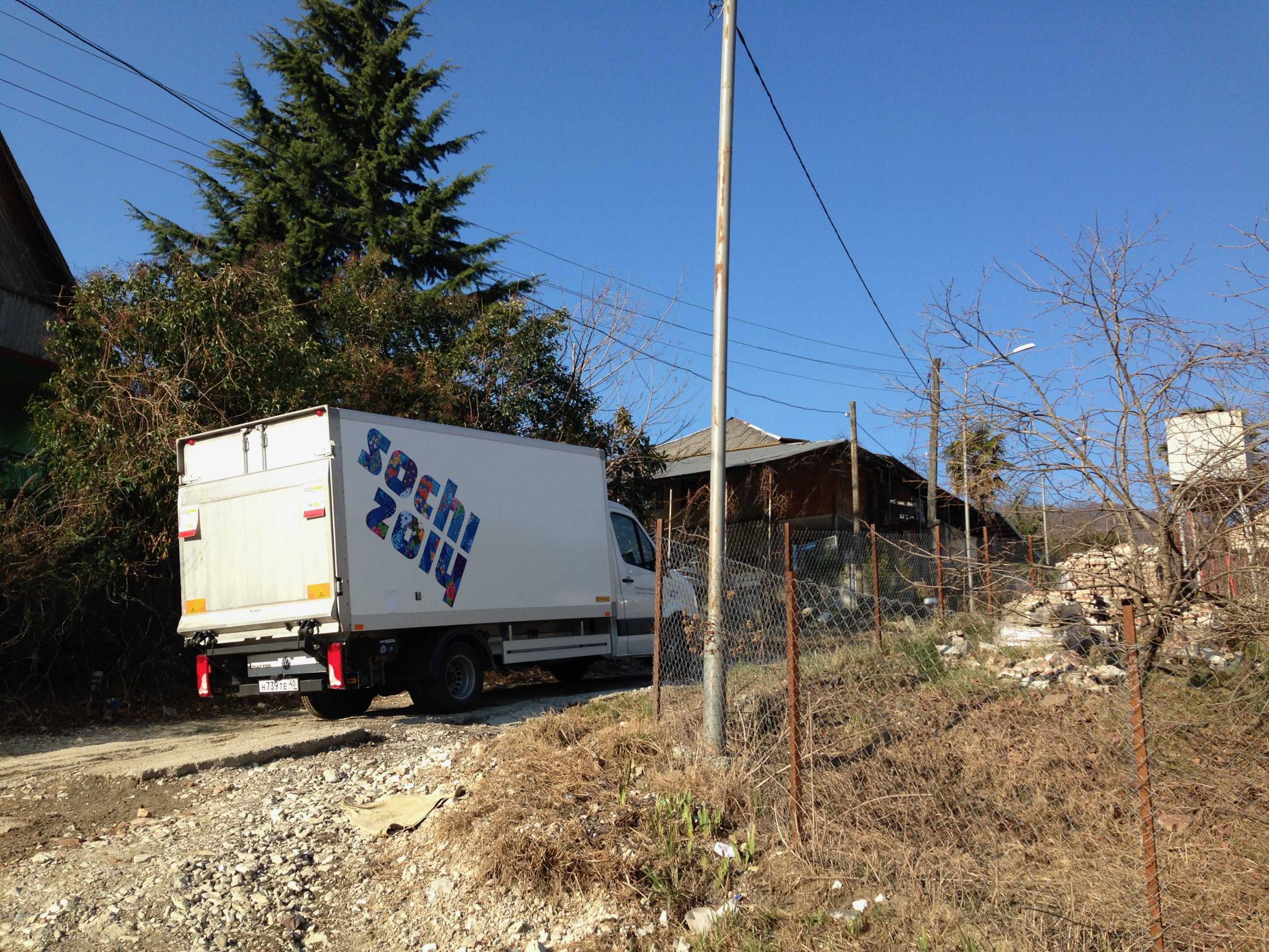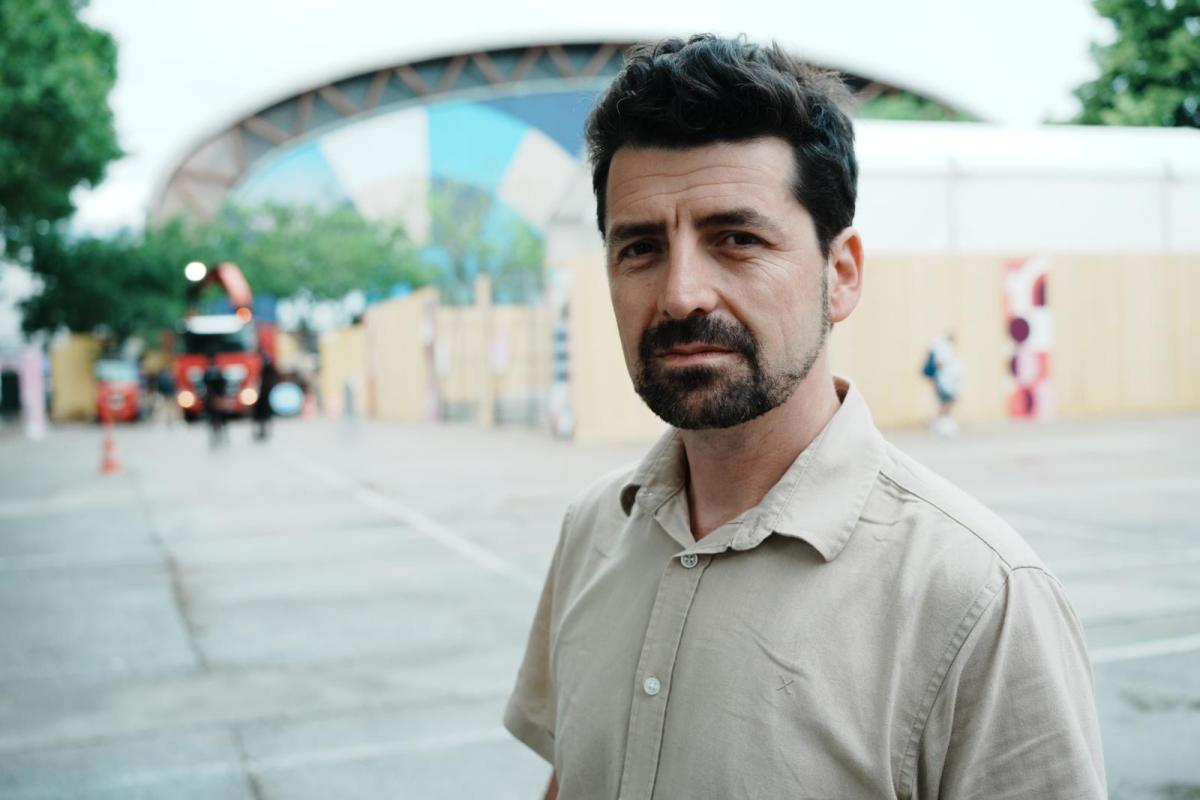After the Spotlight: Sustainable Urban Development and Geopolitical Legacies in Former Mega-Event Cities
Mega-events – global, mobile celebrations like the Olympics and the Football World Cup – are more than sport: they are billion-dollar businesses, coupling massive urban development projects with political aspirations on the world stage. With a few exceptions, mega-events disappear from global attention after the closing ceremonies, so crucial post-event questions remain under-researched and incompletely theorized. In the context of the growing debates on urban sustainable development – and the role of mega-events in achieving these goals – this project explores the tangible and less tangible aftereffects on cities and societies once the global spotlight has moved on.
Introduction
Despite their controversies, mega-events remain enduringly popular worldwide. Regardless of local context, their planning and implementation tend to follow similar patterns: Typically, organizers and policymakers promise that hosting heralds a wealth of financial, infrastructural, political, and social benefits, ultimately furthering a host’s goals towards sustainable cities and societies. In contrast, critics warn that mega-events foretell a litany of social, spatial, economic, and environmental disasters for the cities that host them. Then, once the mega-event has passed, global attention tends to move on to the next host city, where the same debates begin again. There is a need to break this cycle and research the material and immaterial aftereffects of hosting mega-events.
This project fills this need by exploring mega-event cities and societies after the global spotlight. It is grounded in interdisciplinary collaboration and research stays with experts at both Swiss and international institutions, respecting the interplay between local specificities and global patterns. It advances our knowledge not just of previous host cities and societies, but is also applicable to those events still to come. The project is especially relevant for scholars, citizens, policymakers, and event organizers who wish to maximize mega-event benefits and avoid deleterious outcomes.

The Project
Overall, this project seeks to answer the question: How does hosting mega-events affect cities and societies over the longer term? Within this frame, this project investigates former mega-event host cities along two dimensions: sustainable urban development and geopolitics. These are two of the central arguments used to legitimize mega-event hosting around the world.
The first phase of the project collects present-day data on ten former host cities, all of which are understudied in the aftermath of their events. This will be compiled into the world’s first aftereffects database in order to explore patterns across diverse cases and, ultimately, to understand the long-term effects of hosting. The second phase comprises a detailed investigations of four case study cities drawn from second-tier mega-events, all of which remain understudied. Working at the intersection of mega-event infrastructures and everyday life, this phase produces nuanced conclusions about what happens to so-called ordinary cities after hosting mega-events.
In both phases, the project establishes a set of empirical, theoretical, and methodological innovations. It provides a comparative investigation of under-explored former host cities, societies, and events from around the globe, working through a theoretical framework that considers mega-event urban infrastructures and interventions, governance paradigms, dominant narratives, and the conduct of everyday life. The research design juxtaposes data generated from the ground (ethnographic participant observation, expert and resident interviews, resident walk-alongs, and participatory photography, videography, and storytelling), with data generated from afar (analysis of events reports, government documents, and traditional and social media). Contextualized within the uniqueness of national, cultural, and political-economic configurations, the project’s theoretical framework and methodological approach allows for coherent and meaningful comparison between former host cities, discovering novel patterns, connections, and comparative development trajectories.
Partners
external page Prof. David Bissell
University of Melbourne, Australia
external page Prof. Kenny Cupers
University of Basel, Switzerland
external page Prof. Christopher Gaffney
New York University, USA
external page Prof. Michael Gentile
University of Oslo, Norway
external page Prof. Natalie Koch
Syracuse University, USA
external page Prof. David McGillivray
University of the West of Scotland, UK
external page Prof. Andrew Smith
University of Westminster, UK
Team Members
Principal Investigator
Raumentwicklung und Stadtpolitik
Stefano-Franscini-Platz 5
8093
Zürich
Switzerland

Scientific Assistant
Raumentwicklung und Stadtpolitik
Stefano-Franscini-Platz 5
8093
Zürich
Switzerland

Student Research Assistant
Raumentwicklung und Stadtpolitik
Stefano-Franscini-Platz 5
8093
Zürich
Switzerland
Student Research Assistant
Raumentwicklung und Stadtpolitik
Stefano-Franscini-Platz 5
8093
Zürich
Switzerland
Student Research Assistant
Professur für Transportsysteme
Stefano-Franscini-Platz 5
8093
Zürich
Switzerland
Student Research Assistant
Architektur und Gebäudesysteme
Stefano-Franscini-Platz 1
8093
Zürich
Switzerland